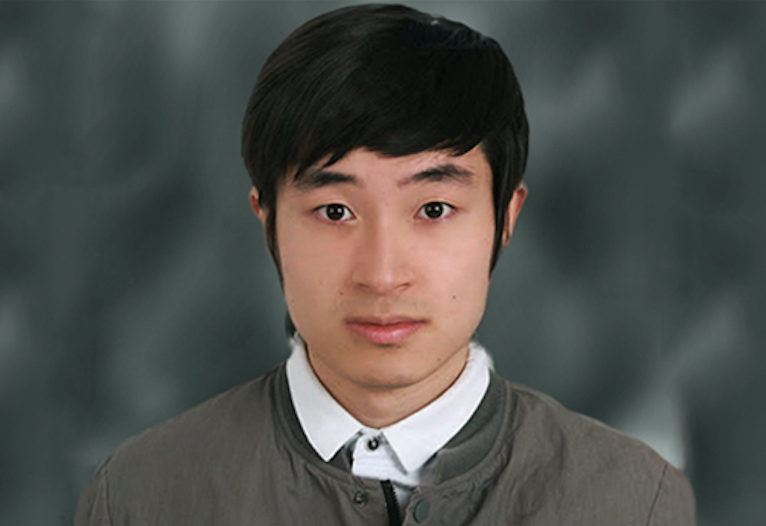
Outstanding Undergraduate Researcher
An undergraduate student at UC Santa Barbara's College of Creative Studies, Prince Zizhuang Wang has been named a finalist for the Computing Research Association’s (CRA) 2020 Outstanding Undergraduate Researcher Award. The prestigious honor recognizes undergraduate students who show outstanding research potential in an area of computing. Wang is the first UC Santa Barbara student named a finalist in the 20-year history of the CRA award.
“Being named a finalist may be a personal accomplishment, but it is also a collaborative effort that involved many dedicated faculty,” said Wang, who in 2019 also received UCSB’s Chancellor’s Award for Excellence in Undergraduate Research. “As more outstanding faculty and research funding come to UCSB, the level of cutting-edge research happening within the computer science department has risen dramatically. Our department is gaining more influence in research areas, which attracts more talented students and faculty. I am honored to be a part of this.”
Wang referenced CS Rankings, which in 2019 placed UC Santa Barbara among the 10 best institutions in numerous fields, such as natural language processing (NLP), computer architecture, databases and visualization. The national rankings are based on the number of publications by faculty that appear at the most selective conferences. The campus ranked No. 4 in NLP, a branch of artificial intelligence that teaches computers and machines to read, decipher, make sense of and draw inferences from human language.
NLP has been the focus area of Wang’s undergraduate research. Since 2018, Prince Wang has worked for William Wang, an assistant professor in the College of Engineering’s Department of Computer Science who specializes in NLP and machine learning. As a second-year undergraduate, Prince Wang tackled a research project to design artificial-intelligence algorithms for text modeling — specifically, designing methods to generate high-quality and diverse sentences. Their resulting paper was accepted, and Prince Wang presented his research at the prestigious North American Chapter of the Association for Computational Linguistics (NAACL) Conference. Professor Wang describes that as a tremendous honor, because the acceptance rate for an oral presentation at NAACL is just 5%. Soon after NAACL, Prince’s second first-authored paper was accepted by the 2019 Conference on Empirical Methods in Natural Language Processing, widely regarded as the top venue for NLP.
“I was thrilled and honored to attend and present as an undergraduate student,” said Prince. “I have learned from Professor Wang about the importance of presenting at research conferences because it lets more people learn about and understand our research and the societal benefits of our work.”
Professor Wang praised Prince for his advanced programming skills, mastery of mathematics and high-quality research. He said Prince deserved to be a finalist for the highest national award given for undergraduate research in computing.
“Some of the top Ph.D. students only publish at a handful of top conferences during the five or six years of their Ph.D. study. Prince has been able to achieve this twice in his second year at UCSB,” said Professor Wang. “He is the strongest undergraduate I’ve ever seen in my ten years at Columbia, Carnegie Mellon University and UCSB. I believe with further graduate-school training, he has the potential to be a leading researcher in the field.”
Recently, Prince was accepted into the College of Engineering's Five-Year Degree Program, which will allow him to complete both a bachelor’s and master’s degree within five years.
“I’ve conducted research with wonderful faculty, taken advanced computer science courses and presented at major conferences. I am so grateful and proud of what I am a part of at UCSB,” said Prince. “It has been rewarding, challenging and inspiring. All of which motivates me to work even harder.”
Prince also is working on a research project with computer science assistant professor Yu-Xiang Wang. His project examines the possibility of building a decision model that is fair and eliminates the selection bias that negatively affects minority groups.
The CRA was formed in 1972 as a forum for department chairs of computer science departments across the country to share information. The organization’s membership has grown to include more than two hundred organizations active in computing research.



